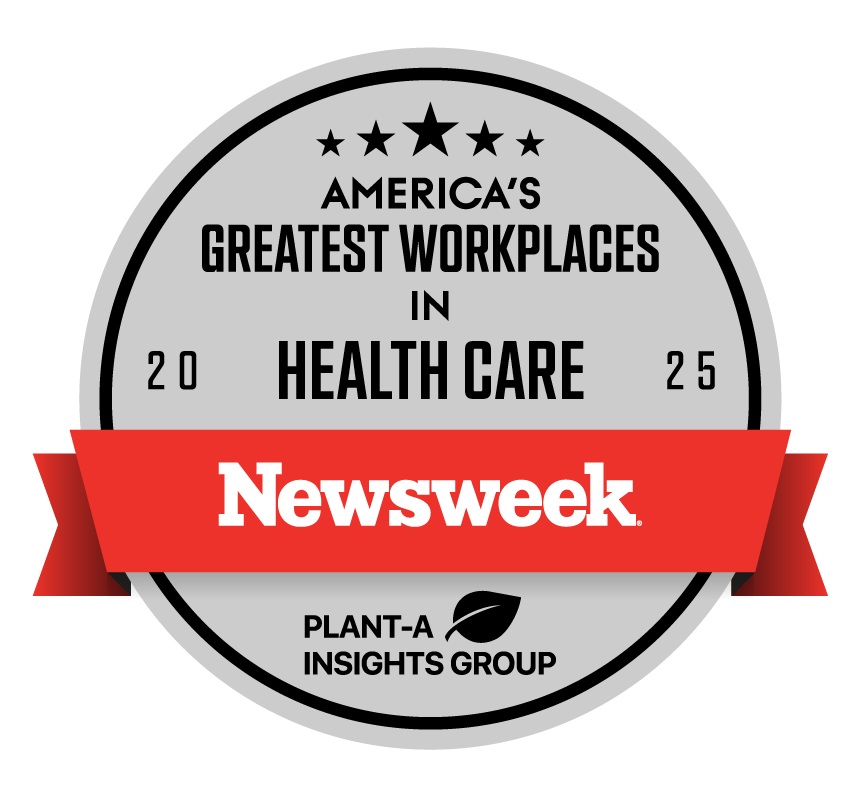Alcohol addiction doesn’t always begin with obvious signs. For many, it can start small with a drink to unwind after work, a way to loosen up socially, or a habit that slowly becomes necessary. But when alcohol begins to take more than it gives, it may be time to pause and reflect.
Recognizing the early warning signs of alcohol addiction can be life changing. Early awareness gives you or a loved one the chance to seek support before the consequences become more serious. Here’s what to look out for and why you don’t have to wait for a crisis to get help.
You Find It Hard to Stop or Cut Back
You might promise you’ll only have one or two drinks but have more. Or maybe you’ve tried to cut back but couldn’t stick with it. Struggling to control how much or how often you drink is one of the most telling early signs of alcohol use disorder.
You Need More to Feel the Same
If it takes more alcohol than it used to for you to feel relaxed or buzzed, that could mean your tolerance is building. Over time, increasing your intake just to feel the same effects can quickly lead to dependency, both physically and emotionally.
What starts as a way to feel good can turn into a situation where you need alcohol to feel normal.
You Keep Drinking Despite Negative Consequences
Maybe drinking has affected your job performance, relationships, or health. Perhaps it’s led to risky situations, like driving under the influence or blacking out. If alcohol continues to be part of your life even after these warning signs, it may be time to reassess your relationship with it.
Denial is common. It’s easy to minimize the impact or tell yourself, “It’s not that bad.” But listening to the concerns of people you trust can be a powerful first step toward change.
Your Priorities Begin to Shift
When alcohol starts taking center stage, other parts of life often fade into the background. You might cancel plans, lose interest in hobbies, or spend less time with people you care about.
This kind of withdrawal from your passions, responsibilities, or relationships can be subtle at first, but it’s often a sign that alcohol is starting to take up more space than it should.
You Experience Withdrawal When You Don’t Drink
Shaking hands. Nausea. Sweating. Anxiety. If you feel physical or emotional discomfort when you’re not drinking and find yourself reaching for alcohol to relieve those symptoms, your body may be signaling dependence.
Withdrawal symptoms can be severe. If you suspect you’re physically dependent on alcohol, medical detox may be the safest path forward.
The Physical Signs Become Harder to Hide
As alcohol use increases, visible signs often emerge. These can include slurred speech, unsteady movement, flushed skin, weight loss, or a noticeable odor of alcohol. While everyone’s experience is different, changes in appearance and behavior are often early warning signs that others may notice before you do.
Trust Your Inner Voice
You may be asking yourself, “Do I have a problem?” That question alone is meaningful. It shows you’re paying attention and open to taking a closer look.
There are screening tools that can help, like the CAGE questionnaire, which asks:
- Have you ever felt you should Cut down on your drinking?
- Have people Annoyed you by criticizing your drinking?
- Have you ever felt Guilty about drinking?
- Have you ever had a drink first thing in the morning (an Eye-opener)?
Answering “yes” to two or more of these questions can be a sign it’s time to talk to a professional.
You Don’t Have to Wait
You don’t need to hit a breaking point to ask for help. Reaching out early can make recovery easier and more effective. Whether you speak with a counselor, attend a support group, or seek treatment from a specialized care center, support is available, and recovery is possible.
Early detection and treatment matter. If you or someone you love is showing signs of alcohol misuse, don’t wait. Reach out today. A brighter, healthier future is possible, and it can start right now.
If you or a loved one is struggling with alcohol addiction or a substance use disorder, call Spectrum Health Systems today at 1-877-MyRehab.



